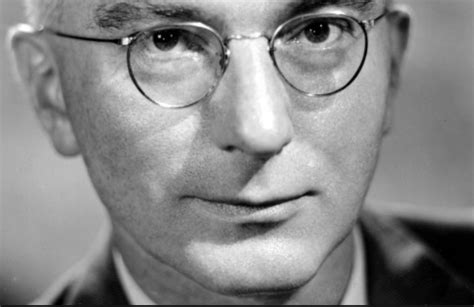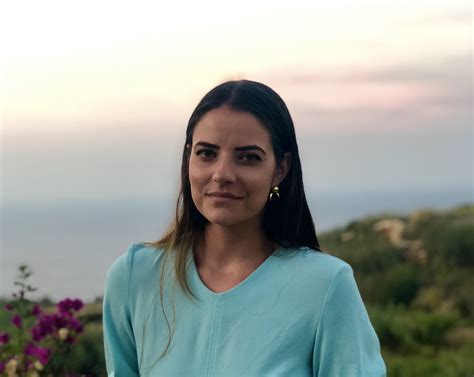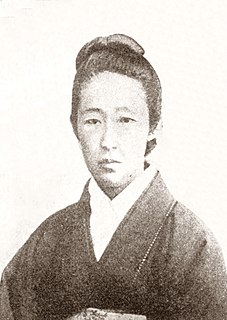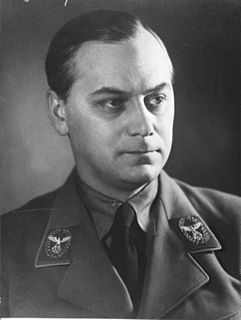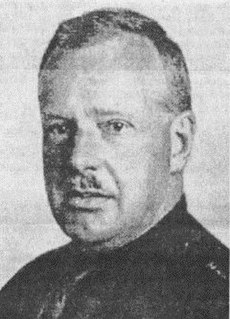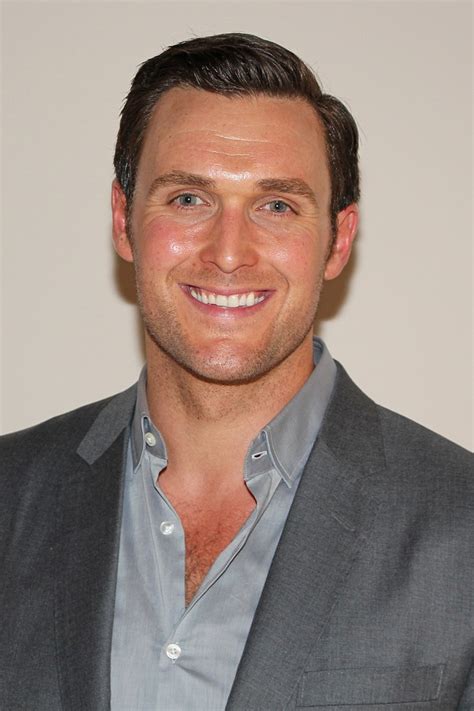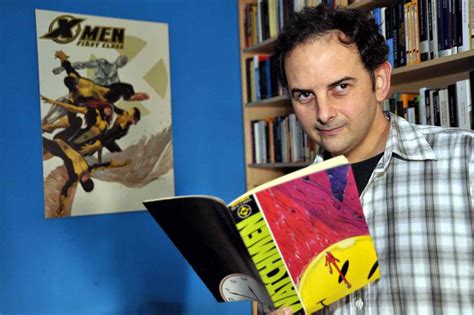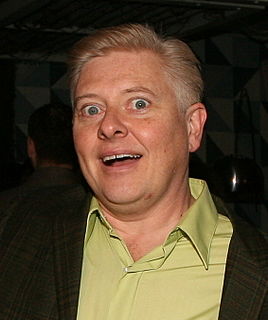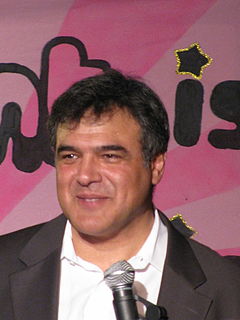Top 1200 Russian History Quotes & Sayings - Page 5
Explore popular Russian History quotes.
Last updated on December 22, 2024.
One of many problems with survey research in general is that you can only survey the survivors. In other words, if you were to do a survey of people who were known to have played Russian Roulette and you sent out the questions before the time they were going to play and then you come back six months after they played Russian Roulette, you would probably discover that among the people who did come back there was no harm done.
We should emphasize not Negro History, but the Negro in history. What we need is not a history of selected races or nations, but the history of the world, void of national bias, race, hate, and religious prejudice. There should be no indulgence in undue eulogy of the Negro. The case of the Negro is well taken care of when it is shown how he has far influenced the development of civilization.
I am gay. I am a Jew. My mother lost over a dozen of her family to Hitler's anti-Semitism. Every time in Russia (and it is constantly) a gay teenager is forced into suicide, a lesbian 'correctively' raped, gay men and women beaten to death by neo-Nazi thugs while the Russian police stand idly by, the world is diminished and I for one, weep anew at seeing history repeat itself.
The introduction of the Christian religion into the world has produced an incalculable change in history. There had previously been only a history of nations--there is now a history of mankind; and the idea of an education of human nature as a whole.--an education the work of Jesus Christ Himself--is become like a compass for the historian, the key of history, and the hope of nations.
Every age, race, socio-economic background of men are 'johns.' It's a little more complicated who's doing the selling. The truth is that the average street pimp selling American girls is often a man of color, however, Mexican pimps are selling Mexican girls, Russian men are selling Russian girls etc. Those who profit off the sex industry overall are not the ones who are standing out on the street. They're the owners of massage parlors, escort agencies, strip clubs, and brothels.
A Russian cosmonaut and a Russian brain surgeon were once discussing Christianity. The brain surgeon was a Christian, but the cosmonaut wasn’t. ‘I have been in outer space many times,’ bragged the cosmonaut, ‘but I have never seen any angels.’ The brain surgeon stared in amazement, but then he said, ‘And I have operated on many intelligent brains, but I have never seen a single thought.
I have no doubt that there are Russian efforts to disturb the fabric of American democracy, but they're disruption efforts. The working theory behind the intelligence report on Russian interference in the president election is that Russia influenced American public opinion. We may not like that, but if it influenced American public opinion, at least in the guise of legitimate activity - which is what the report says - then there's nothing you can do about that. Where it would be improper and illegal would be if there was actual collusion in those efforts. We don't know that.
Turned the wrong way around, the relentless unforeseen was what we schoolchildren studied in "History", harmless history, where everything unexpected in its own time is chronicled on the page as inevitable. The terror of the unforeseen is what the science of history hides, turning a disaster into an epic.
The thing that has disturbed me most about the Russian hacking episode is - and the thing that surprised me most has not been the fact of Russian hacking. The cyber world is full of information gathering, you know, propaganda, et cetera. I have been concerned about the degree to which, in some circles, you've seen people suggest that Vladimir Putin has more credibility than the U.S. government. I think that's something new.
History is my passion. So I write what I love to read. I find that if I combine history with a strong, sensual romance, it is like a one-two punch. The reader doesn't want the history without the romance, and of course the heavier the history, the more it has to be leavened with a sensual, all-consuming love story.
The Daily Telegraph reported on April 9, 1937: 'Since M. Litvinoff ousted Chicherin, no Russian has ever held a high post in the Commissariat for Foreign Affairs.' It seems that the Daily Telegraph was unaware that Chicherin's mother was a Jewess. The Russian Molotov, who became Foreign Minister later, has a Jewish wife, and one of his two assistants is the Jew, Lozovsky. It was the last-named who renewed the treaty with Japan in 1942, by which the Kamchatka fisheries provided the Japanese with an essential part of their food supplies.
It's a very erroneous strategy to try to push the Russian opposition to unite. First of all, the opposition is addressing different parts of Russian society that have differing points of view. And besides, a united opposition is a nice big target that the authorities have a much easier time fighting. And besides, resisting an authoritarian regime with an authoritarian opposition merely means that, in the event of victory, you're just doing yet another round of the same old, same old.
I definitely love history. I'm not formally trained or educated in history, but you could say I did go back to college in 2008 to do Untold History of the United States. That took five years. Co-author Peter Kuznick has been teaching history for something like 35 years, at American University and other places. His group of researchers brought me into contact with a lot of books.
I have to throw in on a personal note that I didn't like history when I was in high school. I didn't study history when I was in college, none at all, and only started to do graduate study when my children were going to graduate school. What first intrigued me was this desire to understand my family and put it in the context of American history. That makes history so appealing and so central to what I am trying to do.
History is not everything, but it is a starting point. History is a clock that people use to tell there political and cultural time of day. It is also a compass that people use to find themselves on the map of human geography. History tells a people where they have been and what they have been, where they are and what they are. Most important, history tells a people where they still must go, what they still must be. The relationship of history to the people is the same as the relationship of a mother to her child.
When we talk about the Far East we usually mean the Far East itself, including Primorye Territory, Khabarovsk Territory, Kamchatka, and Chukotka, as well as Eastern Siberia. All this area contains tremendous resources, including oil and gas, 90 percent of Russian tin, 30 percent of Russian gold, 35 percent of forest, 70 percent of Russia's fish is harvested in the local waters.
I love art, and I love history, but it is living art and living history that I love. It is in the interest of living art and living history that I oppose so-called restoration. What history can there be in a building bedaubed with ornament, which cannot at the best be anything but a hopeless and lifeless imitation of the hope and vigor of the earlier world?
Families of privilege and money would have harps in their parlors, and their cultured daughters would learn to play. It's got such a strange history. But that wasn't the context that I learned it in, so the inherent friction between that history and the more humanist folk-y history wasn't in my conscience at all.
I don't think Americans realize the degree to which they are the main subject of Russian television news. Every night there's news from the United States and scandals about the United States, and every night the United States is shown to be an enemy of Russia over and over and over again. And this is, of course, useful to the Russian president, because it's, we have this big and important enemy - you need me here to fight back.
What I found interesting about Slava Fetisov was that he went through three different generations of Soviet hockey. In the late 70's, he experienced the Miracle on Ice, and then in the 80's became with his teammates the Russian Five, the most dominant team in the history of hockey, and then helped bring down the hockey system when the Soviet Union collapsed and became one of the first players to play in the NHL, and then ultimately came back to Russia.
You can't just blurt the information out to the Russian foreign minister and the Russian ambassador. What happens is, the information goes back to the CIA, to the originating office. The CIA will pull the relevant information out of the report, put it on a new blank sheet of paper and then type at the top, "Secret releasable to Russia." That way, nobody gets in trouble, no sources and methods are revealed, everybody's happy, and we can establish something of a liaison relationship to the Russians. That's not what the president did.
I have left the obvious, essential fact to this point, namely, that it is the Russian Armies who have done the main work in tearing the guts out of the German army. In the air and on the oceans we could maintain our place, but there was no force in the world which could have been called into being, except after several more years, that would have been able to maul and break the German army unless it had been subjected to the terrible slaughter and manhandling that has fallen to it through the strength of the Russian Soviet Armies.
The Russian myth that they broadcast to the world, and have their various surrogates in the West repeat, is that somehow the West took advantage of them, that we were mean to them. That writes out of history everything Strobe Talbott and Bill Clinton tried to do with Boris Yeltsin. Strobe Talbott leaned forward doing everything he could to help the Russians, and frankly, I have little patience for the notion that we gave them nothing but bad advice.

